Doctors Answer Your 9 Biggest Health Questions
When we invited you to share your most vexing questions about your health and well-being, you didn't hesitate. Welcome to your straight-talk guide to feeling great.
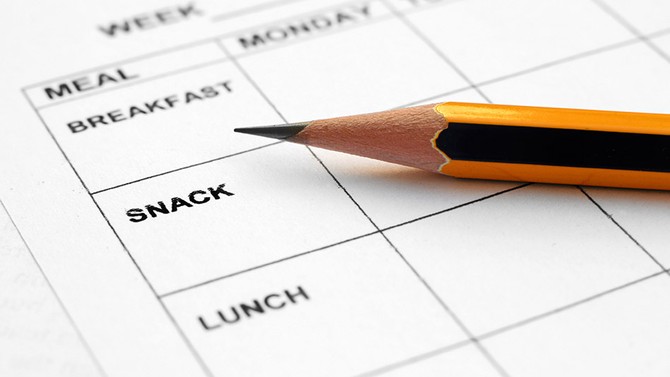
Photo: Aleksandar Stojanov/Thinkstock
"How can a woman approaching middle age get more energy?"
Many women start to feel like they're dragging in their late 30s and 40s. They're losing testosterone, which may act as an antidepressant, and experiencing a flux in their levels of estrogen and progesterone, which may also influence mood and energy. One of the most effective tactics for perking up comes down to how you plan your meals. "Many of my clients seem to think that by filling one meal with energy-generating nutrients—say, a green smoothie for breakfast or a salad at lunch—they've done their duty for the day," says dietitian Ashley Koff. "But your body needs several energy pit stops so you can refuel." Koff suggests small meals every three hours that combine a variety of nutrients. Her energy-boosting meal plan:
Breakfast: Oatmeal with hempseeds.
A.M. snack: Half cup of cottage cheese with berries.
Lunch: Half a turkey sandwich with salad.
P.M. snack: Half cup of tuna salad with wheat crackers.
Dinner: Wild salmon with nonstarchy veggies.
Breakfast: Oatmeal with hempseeds.
A.M. snack: Half cup of cottage cheese with berries.
Lunch: Half a turkey sandwich with salad.
P.M. snack: Half cup of tuna salad with wheat crackers.
Dinner: Wild salmon with nonstarchy veggies.
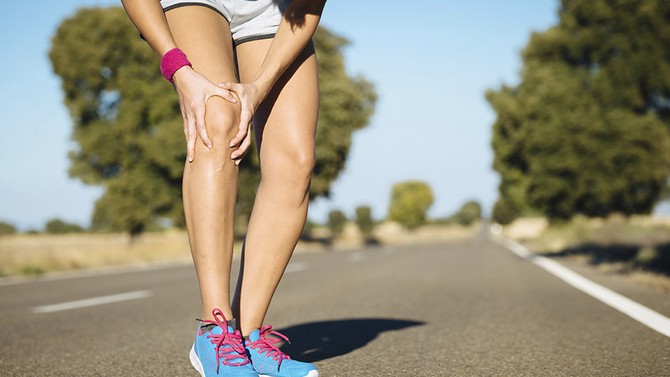
Photo: Dirima/Thinkstock
"What can I do about my chronic knee pain?"
Two free surefire solutions: diet and exercise. Losing even a few pounds can provide tremendous relief. One study found that for every pound you drop, you take four pounds of pressure off your knees. "Low-impact exercises—walking, swimming, cycling—help maintain a healthy weight and muscle mass as well as release endorphins, all of which can lead to a decrease in pain," says Roxanne Wallace, MD, an orthopedic surgeon at Marshfield Clinic in Wisconsin.

Photo: Dirima/Thinkstock
"Will I get sick if I kiss my pet?"
Down, girl. As long as you have no open wounds, you can welcome Sparky's affection. "A healthy immune system is strong enough to fight off most bacteria in a pet's saliva," says Jennifer Gabriele, a vet at Heart of Chelsea Animal Hospital in New York City.
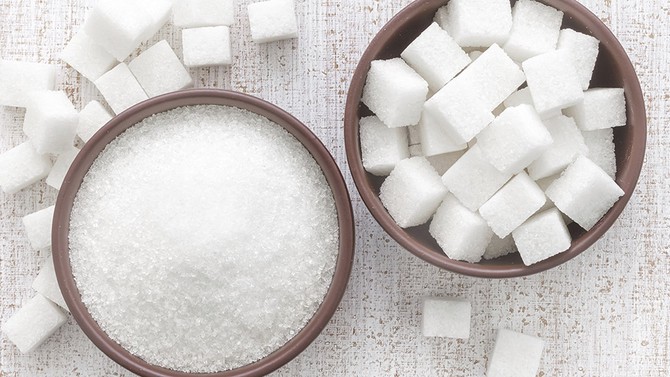
Photo: YelenaYemchuk/Thinkstock
"Is sugar really the new evil?"
Sorry, cupcake, it doesn't look good. Too much of the sweet stuff can wreak havoc on your entire body. Added sugars have been associated with inflammation, a condition linked to obesity, type 2 diabetes, and heart disease. In fact, a 2014 study found that people who consumed 17 to 21 percent of their daily calories from added sugar had a 38 percent higher risk of dying from heart disease than those who got only 8 percent. For most women, the American Heart Association recommends no more than 100 calories from added sugar daily.
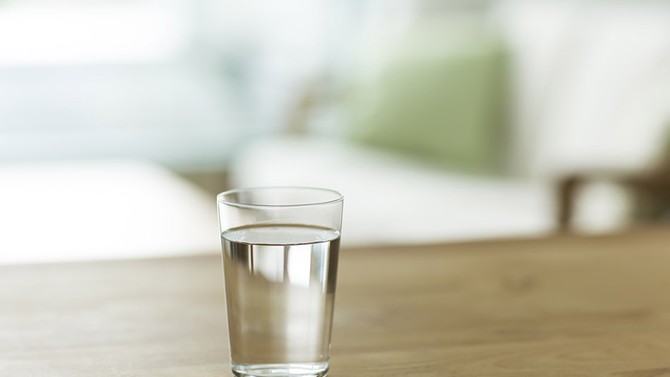
Photo: byryo/Thinkstock
"How many glasses of water do I actually need each day?"
You can ignore the old eight-glasses rule: Six is typically plenty to hydrate you and keep everything in working order, according to a review in the European Journal of Clinical Nutrition.
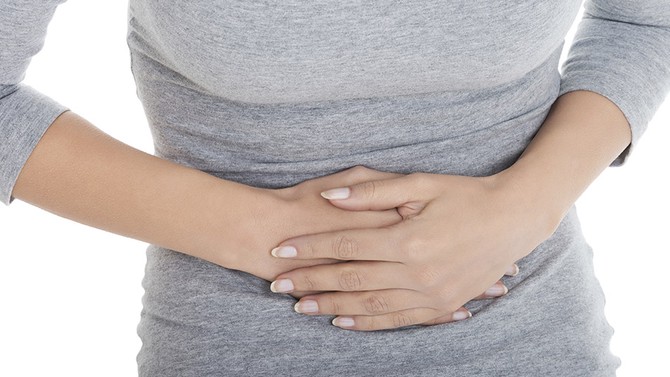
Photo: Piotr Marcinski/Thinkstock
"Why do I feel bloated no matter what I eat?"
You may have small intestine bacterial overgrowth (SIBO), a condition common among those suffering from chronic bloating. SIBO can occur when bacteria in the colon migrate up into the small intestine and ferment the carbs passing through, creating gas. Consider switching to a diet low in fermentable foods (which include dairy, wheat, and high-fructose fruits) so the bacteria will have less to feast on, says Johns Hopkins gastroenterologist Gerard E. Mullin, MD, author of The Gut Balance Revolution. Research has shown that the plan works: A study in the journal Gastroenterology found that the majority of subjects with irritable bowel syndrome reported significantly less bloating when they followed a diet low in bacteria-loving foods.

Photo: Nastco/Thinkstock
"How bad is it to lie to your doctor?"
"If you misrepresent the facts, you limit what your doctor can do for you," says Lissa Hirsch, MD, an obstetrician and gynecologist at Lenox Hill Hospital in New York City. Some of your lies will be revealed by your blood work or the number on the scale, but otherwise your doctor has nothing to go on but what you report—and that could be dangerous. Say you fib and tell her you're following a diet and exercise program to lower your blood sugar. When your "plan" doesn't seem to be working, she may prescribe medication you don't need, unwittingly putting you at risk for unnecessary side effects. In other words, when your pants are on fire, you'll be the one who gets burned.
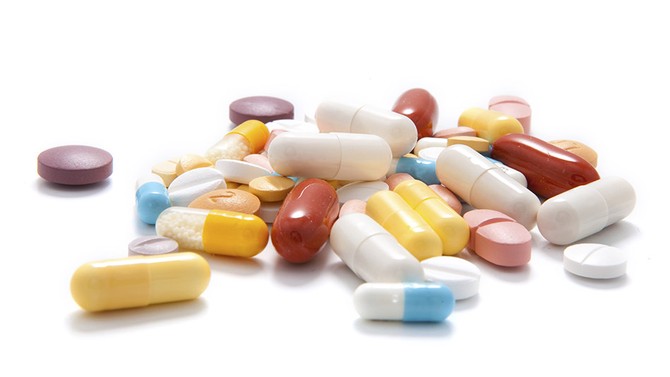
Photo: WanjaJacob/Thinkstock
"Do I really need a multivitamin?"
Depends on what you're eating, says health reporter Catherine Price, who spent three years putting that question to more than a dozen top doctors and researchers for her recent book, Vitamania: Our Obsessive Quest for Nutritional Perfection. "If you're eating a good amount of foods naturally rich in vitamins, like produce, and those that are fortified, like cereal or bread, a multivitamin is probably superfluous," she says.* But if you do decide to take one, keep in mind that the FDA doesn't test dietary supplements to ensure that what's on the label is actually what's in the bottle. Check for a seal that says NSF or USP VERIFIED—both are respected third-party companies that vitamin-makers can pay to review their products.
*A multivitamin containing folic acid is always a good idea for women during their reproductive years.
*A multivitamin containing folic acid is always a good idea for women during their reproductive years.
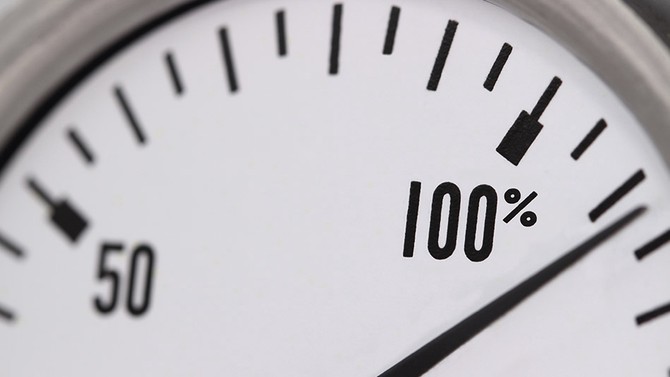
Photo: LittleRedDragon/Thinkstock
"What are the three most important things I can do if I want to live to be 100?"
Of course no one has a magic formula, but Marie Bernard, MD, deputy director of the National Institute on Aging, has a few ideas:
See your doctor regularly. "At the turn of the 20th century, the average American life-span was about 45 to 50 years," says Bernard. "Today people live well into their 70s and beyond, and many experts believe that increase is due in part to preventive health measures."
Maintain friendships. A new Brigham Young University review revealed that social isolation increases your risk of mortality by up to 32 percent—on par with obesity.
Learn a new skill. A recent University of Texas at Dallas study found that people who mastered a new and challenging skill (like digital photography or quilting) showed greater gains in memory than those who performed passive activities, like crossword puzzles. So get out there and start learning!
See your doctor regularly. "At the turn of the 20th century, the average American life-span was about 45 to 50 years," says Bernard. "Today people live well into their 70s and beyond, and many experts believe that increase is due in part to preventive health measures."
Maintain friendships. A new Brigham Young University review revealed that social isolation increases your risk of mortality by up to 32 percent—on par with obesity.
Learn a new skill. A recent University of Texas at Dallas study found that people who mastered a new and challenging skill (like digital photography or quilting) showed greater gains in memory than those who performed passive activities, like crossword puzzles. So get out there and start learning!
From the June 2015 issue of O, The Oprah Magazine

